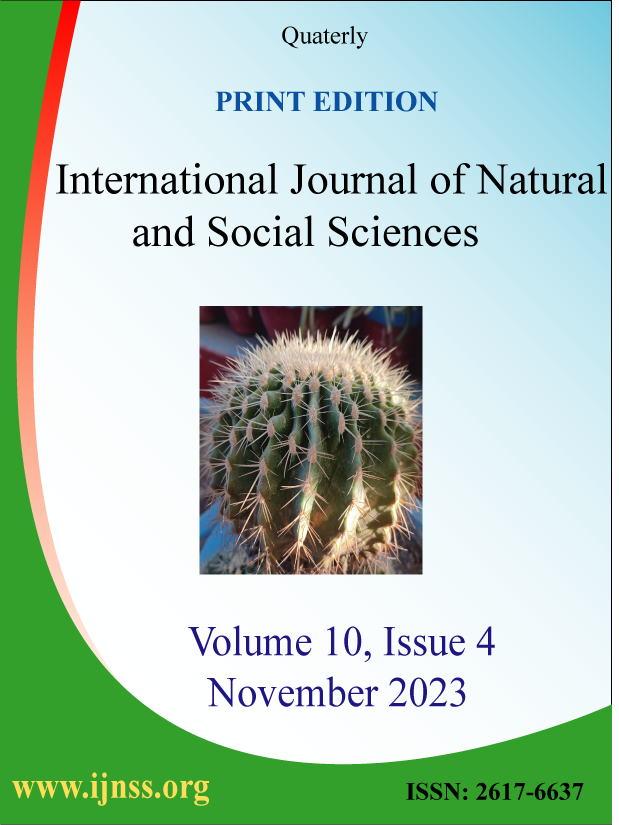Impacts of agroforestry on agricultural productivity, ecosystem services, and human well-being in terrace ecosystem of Bangladesh
| Mohammad Mahbub Islam1 1Research Associate, Mouza and Plot Based National Digital Land Zoning Project, Ministry of Land, Dhaka
A benchmark survey was conducted on sixty respondents in four villages under Belabo Upazila of Narsingdi district in terrace ecosystem of Bangladesh to get primary information from the farmers on existing agroforestry practices from August 2011 to October 2011. Different agroforestry practices have been practicing since long time. Most of the respondent farmers were motivated by neighbors. The farmers were getting good prices of their products but they were not getting desired yields from agroforestry systems. Disease and insect infestation, lack of modern technologies and their proper management were mostly responsible for poor yield. Turmeric, ginger, eggplant and okra were reported as suitable understory crops for agroforestry systems. Jackfruit based agroforestry systems were identified as dominant one and other beneficial production systems where various fruit tree based such as latkan and lemon. Most of the respondents, however, agreed that agroforestry could improve crop environment and soil health. Meanwhile, lack of availability of irrigation was found a major barrier. Woman participation in agroforestry systems was not remarkable. Training and appropriate technologies were seemed to be helpful for the farmers to improve systems, productivity and income in the study areas. Practicing agroforestry systems by the farmers was increased with higher level of education, training, annual income, desired yield, soil fertility and environmental benefit. Socio-economic characteristics of the respondents have profound influence on their agroforestry systems. Keywords: Agroforestry systems, Ecosystem services, Socio-economic, Terrace ecosystem.
How to cite this article: Islam MM, Khan MH, Nipa S, Islam MA, Eivy FZ, Hossain MS, Hasan MM, Alam MJ and Khan MMH (2021). Impacts of agroforestry on agricultural productivity, ecosystem services, and human well-being in terrace ecosystem of Bangladesh. International Journal of Natural and Social Sciences, 8(4): 20-31. DOI: 10.5281/zenodo.6349668. [/showhide] |






